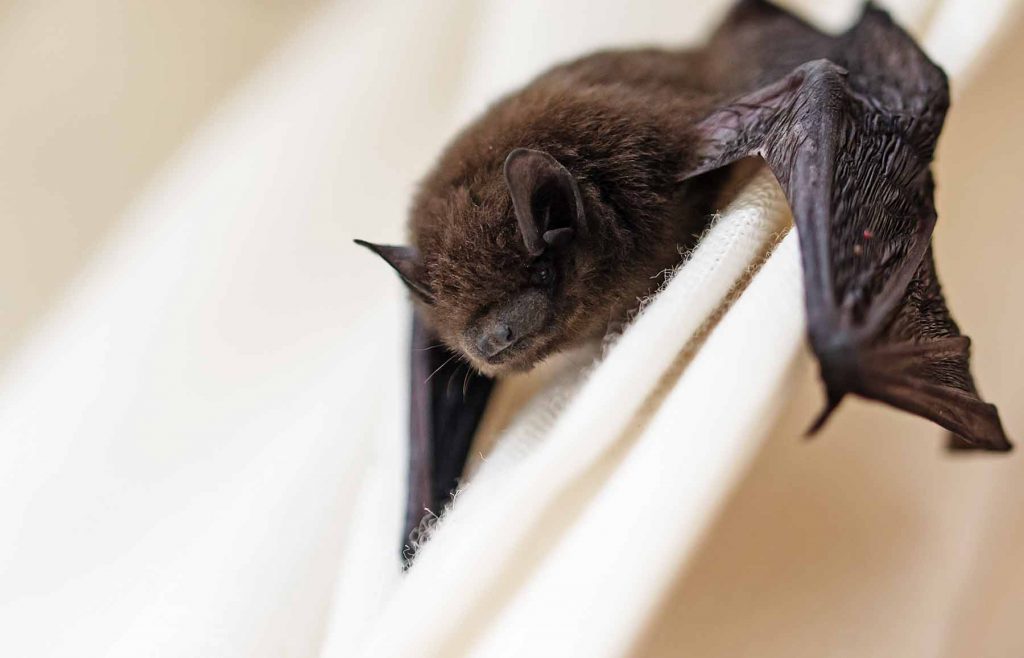When squirrels damage wiring, it can lead to safety hazards and operational issues. The question remains: can this damage be repaired? Understanding the extent of the damage is crucial, as well as knowing the repair options available. Whether you choose to tackle the repairs yourself or seek professional assistance, there are factors to consider to ensure a safe and effective solution. Let's explore the steps and precautions involved in rectifying squirrel-induced wiring damage.
Key Takeaways
- Squirrel-induced wiring damage can be repaired using various methods.
- Insurance coverage for squirrel damage varies, check policy details.
- Safety measures are crucial when repairing squirrel-damaged wiring.
- Prevent future squirrel damage with effective deterrents and protective measures.
Signs of Squirrel-Induced Wiring Damage
Several indicators can help identify wiring damage caused by squirrels. Common signs include bite marks on wires, frayed insulation, chewed-on connectors, and nests near electrical components. If you suspect squirrel-induced damage, it is essential to act promptly to prevent safety hazards and further deterioration of the wiring system.
Insurance coverage for squirrel-related wiring damage varies among providers. Some policies may cover such incidents under comprehensive coverage, while others may require specific animal damage coverage. It is advisable to review your insurance policy to understand the extent of coverage for wildlife-related damages.
To prevent future occurrences, implementing wildlife deterrents can be effective. Strategies such as trimming tree branches near the house, sealing potential entry points, using squirrel-proof feeders, and installing motion-activated devices can help deter squirrels from accessing your property and causing damage to the wiring.
Safety Precautions When Dealing With Damaged Wiring
When dealing with damaged wiring, prioritizing safety precautions is paramount to prevent accidents and ensure effective repairs. Safety tips are crucial when handling wiring damaged by squirrels. Firstly, always ensure the power is turned off before attempting any repairs to prevent electric shock or fires. Use insulated tools to avoid any contact with live wires. Proper handling of the damaged wiring is vital. It is advisable to wear protective gear such as gloves and safety goggles to prevent injuries. Additionally, inspect the wiring carefully for any signs of further damage before starting repairs. Keep the work area well-lit to clearly see what you are working on and to avoid mistakes. Remember to follow safety guidelines and procedures to minimize risks. By taking these safety precautions seriously, you can ensure your well-being while effectively dealing with wiring damaged by squirrels.
Repair Options for Squirrel-Damaged Wiring
Prioritizing safety precautions when dealing with wiring damaged by squirrels is crucial before exploring the available repair options. When considering repair techniques for squirrel-damaged wiring, there are several options to choose from:
- Electrical Tape: Use electrical tape to repair minor wire damage.
- Wire Nuts: Securely connect broken wires with wire nuts.
- Heat Shrink Tubing: Protect and insulate damaged wires using heat shrink tubing.
- Wire Replacement: Completely replace severely damaged wires for safety.
- Professional Assistance: Seek help from an electrician for complex repairs or if unsure about the extent of damage.
It's also essential to check your insurance coverage. Some homeowner's insurance policies may cover damage caused by wildlife, including squirrel-related incidents. Reviewing your policy can help determine if the repairs are eligible for coverage, potentially reducing repair costs. Remember, always ensure safety first and consider professional help when needed.
Hiring a Professional Vs. DIY Repairs
Considering whether to hire a professional or attempt DIY repairs for squirrel-damaged wiring requires careful evaluation of your electrical knowledge and comfort level with handling such tasks. When deciding between professional expertise and DIY skills, it's essential to weigh the pros and cons of each option.
| Professional Expertise | DIY Skills |
|---|---|
| Professionals have the necessary training and experience to tackle complex wiring issues. | DIY repairs can save money on labor costs. |
| Hiring a professional ensures the job is done correctly and up to code. | DIY repairs can be time-consuming, especially if you lack experience. |
| Professionals can identify underlying issues that may not be apparent to untrained individuals. | DIY repairs offer a sense of accomplishment and independence. |
| Cost-effective in the long run as professionals can prevent future squirrel damage effectively. | DIY repairs may void warranties or insurance coverage if not done properly. |
| Time-efficient, allowing you to focus on other tasks while the repair is being handled. | DIY repairs carry a risk of safety hazards if not executed correctly. |
Preventing Future Squirrel Damage to Wiring
To prevent future squirrel damage to wiring, implementing effective deterrent measures is crucial. Squirrel deterrents are essential to safeguarding your wiring from these critters. Here are some electrician recommendations to help you keep squirrels at bay:
- Use squirrel-proof casing: Covering wires with a protective casing that squirrels cannot chew through is a reliable way to prevent damage.
- Install motion-activated devices: Motion-activated lights or sound devices can startle squirrels away from your property.
- Trim tree branches: Keep trees near your home trimmed to prevent easy access for squirrels to climb onto your roof.
- Seal entry points: Ensure all entry points to your home, such as gaps in the roof or walls, are properly sealed to prevent squirrels from entering.
- Apply deterrent sprays: Sprays with scents unpleasant to squirrels can be used around wiring and entry points to deter them from causing damage.
